My father, Jack Desmond Wordsworth, served in the British Royal Air Force (RAF) in World War II. So did his brother, my uncle, Douglas, pictured below.
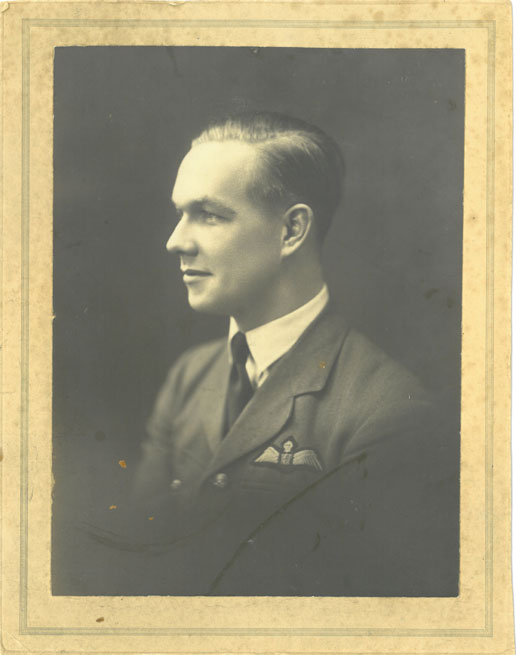
They flew in Lancaster bombers which was an exceptionally dangerous job.
The Lancaster became the RAF main bomber for the RAF’s Bomber Commands over Europe. It was used mainly in night time raids, but also served in daylight bombing missions and was used to deliver ‘dam buster’ bouncing bombs.
The bulk of the Lancasters were built in England, but more than 400 were produced at the AVRO factory in Malton Ontario, not far from where I live.
There is also a restored version that still flies out of the Canadian Warplane Heritage Museum nearby. https://www.warplane.com/aircraft/collection/details.aspx?aircraftId=4
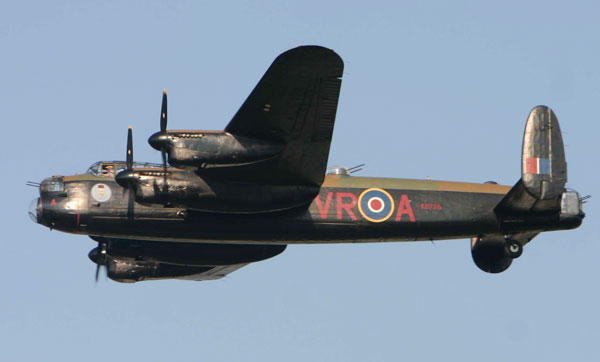
The Canadian Warplane Heritage Museum (CWHM) “Mynarski Memorial” Lancaster flying at the 2006 AirVenture America air show at Oshkosh, Wisconsin.
The Lancaster was the RAFs main bomber and as a result suffered enormous losses. From my research, it appears that RAF Airmen were required to fly 30 missions before they were moved to less hazardous work like training or dropping mines.
According to Wikipedia:
In total 364,514 operational sorties were flown and 8,325 aircraft lost in action. Bomber Command aircrews suffered a high casualty rate: of a total of 125,000 aircrew, 57,205 were killed (a 46 percent death rate), a further 8,403 were wounded in action and 9,838 became prisoners of war. Therefore, a total of 75,446 airmen (60 percent of operational airmen) were killed, wounded or taken prisoner.
https://en.wikipedia.org/wiki/RAF_Bomber_Command_aircrew_of_World_War_II
The 40% of Lancaster crew who survived their required tour of duty no doubt would have suffered from tremendous emotional trauma afterwards.
My father did not speak much about his time in the war. Nor did he talk much about my uncle Douglas who was killed in action on a bombing mission in a Lancaster.
For those of us born and living in times of relative peace this kind of wartime loss can be hard to appreciate.
These young men took enormous risk to participate in a fight against fascism and the aggression of the Nazi’s. It may seem like a logical fight to take up, but I’m sure there were ways one could have participated in the war effort that may have put you at less risk. My father beat the odds of an airman flying in Lancasters, my uncle did not.
I wish I knew more about my uncle Douglas but my Dad choose not to speak about him that often and now with Dad gone it’s difficult to fill in the missing gaps.
Douglas was clearly a brave young man. He fought for a cause he believed in and one which I believe I have benefited greatly from. I have lived my life free to make choices about how and where I lived, able to vote for the government of my choice and participate in the democratic process.
While my knowledge of him is minimal, I do believe it’s important to honour his sacrifice as I can. Thank you to my uncle and all the airmen and soldiers who fought the good fight in World War II.
Below is a photo of my Dad relaxing with some of his fellow RAF crew.
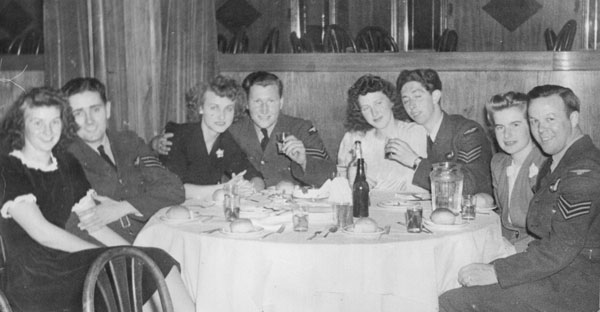
Here are several photos of my Uncle Douglas, taken in 1940. I’m afraid after almost 80 years I am unable to identify the other people in the photos.
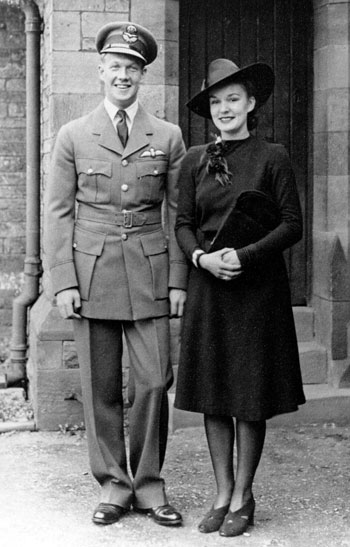
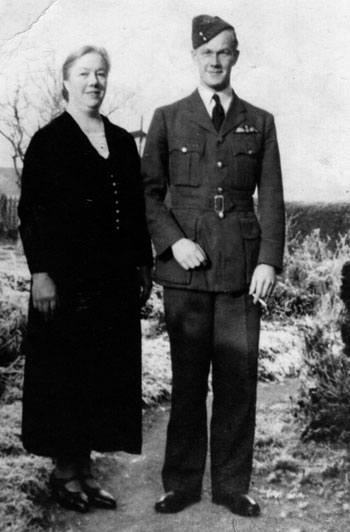

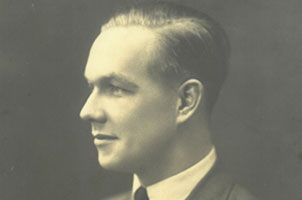
Recent Comments